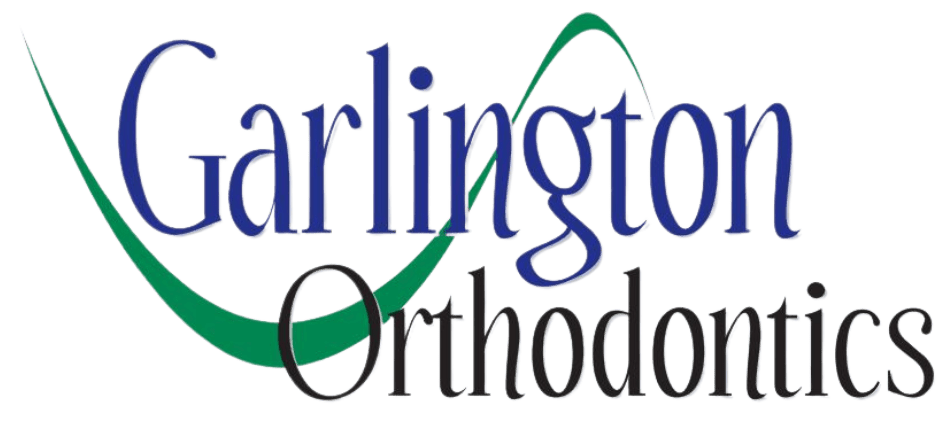Braces can transform your smile, but they require diligent oral hygiene. Proper care prevents cavities and gum disease. Neglecting oral hygiene can lead to prolonged treatment times. Follow these tips to maintain a healthy mouth while wearing braces. Consistent care helps ensure your teeth remain strong and vibrant.

Choose the Right Toothbrush
Selecting the right toothbrush is crucial for effective cleaning. Choose a soft-bristled toothbrush that gently cleans your teeth and braces. Hard bristles can damage your braces and irritate your gums. Soft bristles effectively reach around brackets and wires. Replace your toothbrush every three months or sooner if bristles fray. Consider using an electric toothbrush, which provides thorough cleaning with less effort. Electric toothbrushes often come with timers, ensuring you brush for the recommended two minutes. They also offer different modes for sensitive teeth or gums.
Brush After Every Meal
Food particles easily get trapped in braces, creating a breeding ground for bacteria. Brush your teeth after every meal to prevent plaque buildup. Use fluoride toothpaste to strengthen your enamel and protect against cavities. Spend at least two minutes brushing, ensuring you clean all surfaces of your teeth. Pay special attention to the gum line and brackets, where food particles often hide. Use small circular motions to clean each tooth individually. Angle your toothbrush at 45 degrees to the gum line for optimal cleaning. Rinse your mouth thoroughly after brushing to remove any remaining debris.
Floss Daily
Flossing is essential for removing plaque and food particles between your teeth. Traditional flossing can be challenging with braces, but it’s not impossible. Use a floss threader to navigate around wires and brackets. A floss threader acts like a needle, helping you guide the floss between your teeth. Consider using an interdental brush, which cleans spaces between teeth effectively. Interdental brushes come in various sizes to fit different gaps. Water flossers can also assist in cleaning hard-to-reach areas. They use a stream of water to remove debris and reduce plaque.
Rinse with Mouthwash
Mouthwash plays a vital role in reducing bacteria and freshening your breath. Choose an antibacterial mouthwash that targets harmful bacteria. Swish it around your mouth for at least 30 seconds to ensure it reaches all areas. Mouthwash can reach areas your toothbrush might miss, providing an extra layer of protection. Use mouthwash at least once a day, preferably after brushing and flossing. Some mouthwashes contain fluoride, offering additional cavity protection. Avoid rinsing with water immediately after using mouthwash to allow it to work effectively.
Watch Your Diet
Your diet significantly impacts your oral health, especially with braces. Avoid sticky and hard foods, as they can damage your braces and cause discomfort. Sticky foods like caramel and gum can get lodged in your brackets, making cleaning difficult. Hard foods like nuts and popcorn can break wires or brackets. Sugary foods increase the risk of cavities, as sugar feeds bacteria in your mouth. Opt for softer foods that are easier to chew and clean. Incorporate fruits, vegetables, and dairy products for a balanced diet. Drink water instead of sugary drinks, as water helps wash away food particles and bacteria.
Regular Dental Check-Ups
Regular dental check-ups are essential for maintaining oral health with braces. Visit your dentist at least every six months for professional cleanings. Cleanings remove plaque and tartar that regular brushing might miss. Your dentist will check for potential issues such as cavities or gum disease. They can provide personalized advice tailored to your specific needs. Regular visits ensure your braces are working effectively and on schedule. Your orthodontist may also adjust your braces during these visits to ensure optimal results.
Handle Emergencies Promptly
Braces can sometimes break or cause unexpected pain. Contact your orthodontist immediately if you experience any issues. They will provide guidance on the next steps and help schedule an appointment. Do not try to fix broken braces yourself, as this can cause further damage. Temporary solutions like orthodontic wax can provide relief until your appointment. Proper handling of emergencies prevents prolonged treatment times and discomfort. Always keep your orthodontist’s contact information handy for quick access.
At Garlington Ortho, we’re committed to helping you maintain your oral hygiene while undergoing treatment. Contact our office today to schedule a consultation and learn more about how you can keep your dental health high with braces.
